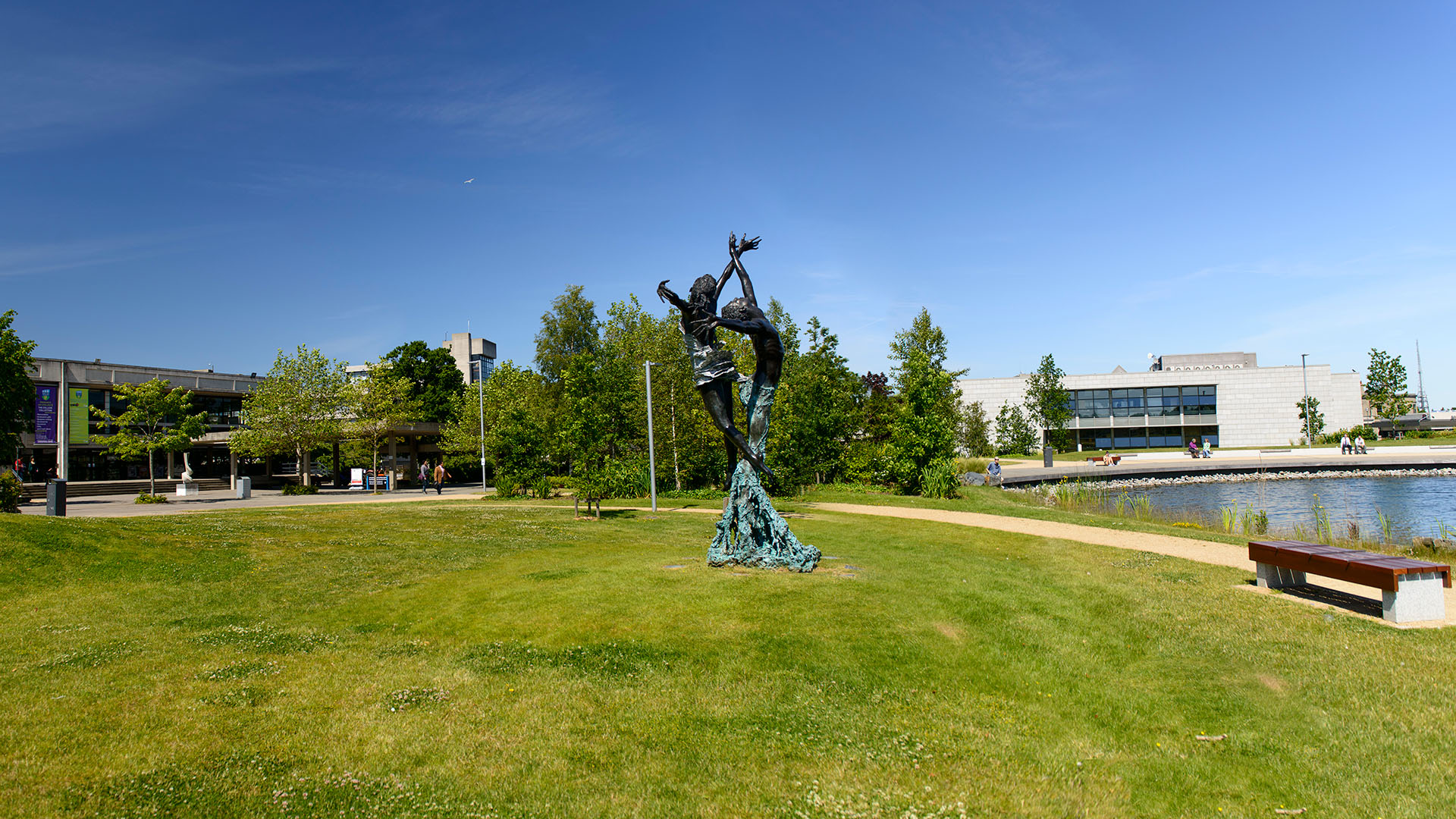UCD offers a wide range of Courses for undergraduate students. Explore the Disciplines below that are interest to you and see the related Courses available.
- Agriculture, Food & Nutrition
- Architecture, Planning & Urban Studies
- Arts & Humanities
- Business & Management
- Engineering
- Health & Medicine
- Law & Criminal Justice
- Nursing & Midwifery
- Science, Computer Science & Actuarial Science
- Sociology, Social Work & Social Policy
- Sustainability and Environment
- Veterinary Medicine & Animal Science

